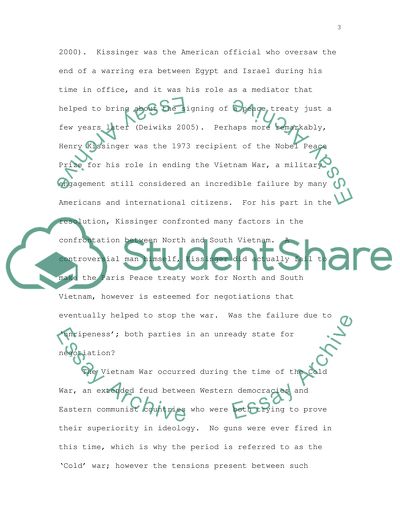Cite this document
(“Zartmans Concept of Ripeness Book Report/Review”, n.d.)
Retrieved from https://studentshare.org/philosophy/1518972-zartmans-concept-of-ripeness
Retrieved from https://studentshare.org/philosophy/1518972-zartmans-concept-of-ripeness
(Zartmans Concept of Ripeness Book Report/Review)
https://studentshare.org/philosophy/1518972-zartmans-concept-of-ripeness.
https://studentshare.org/philosophy/1518972-zartmans-concept-of-ripeness.
“Zartmans Concept of Ripeness Book Report/Review”, n.d. https://studentshare.org/philosophy/1518972-zartmans-concept-of-ripeness.


